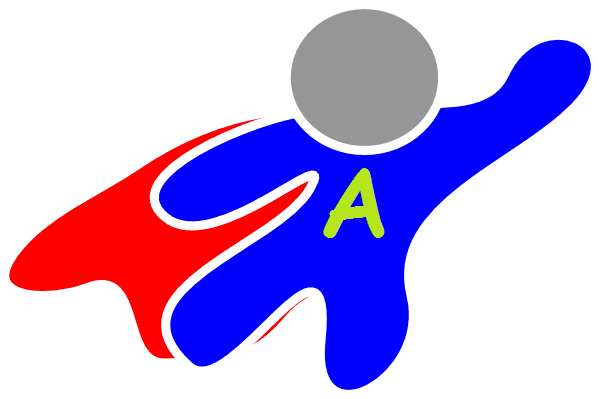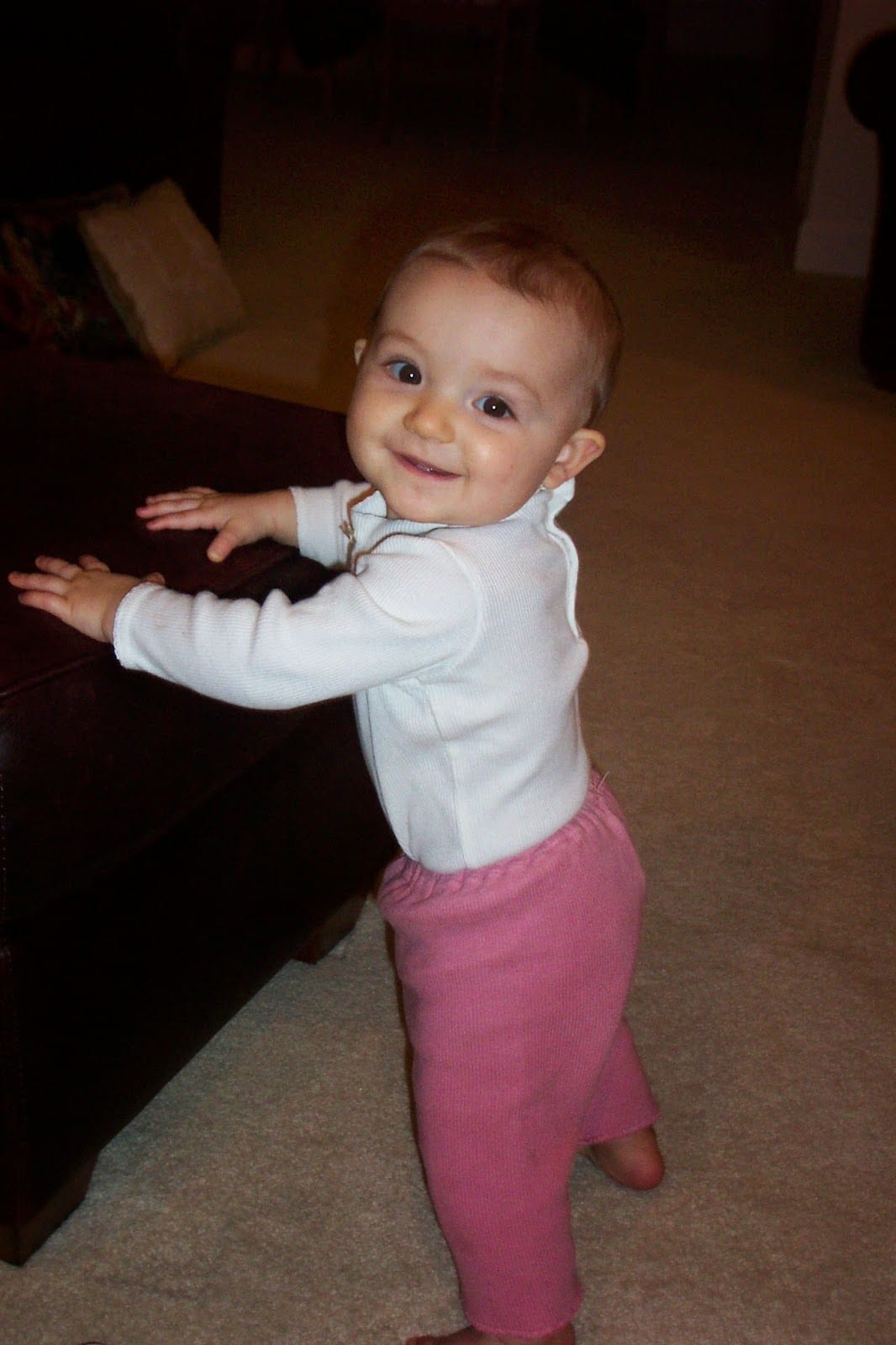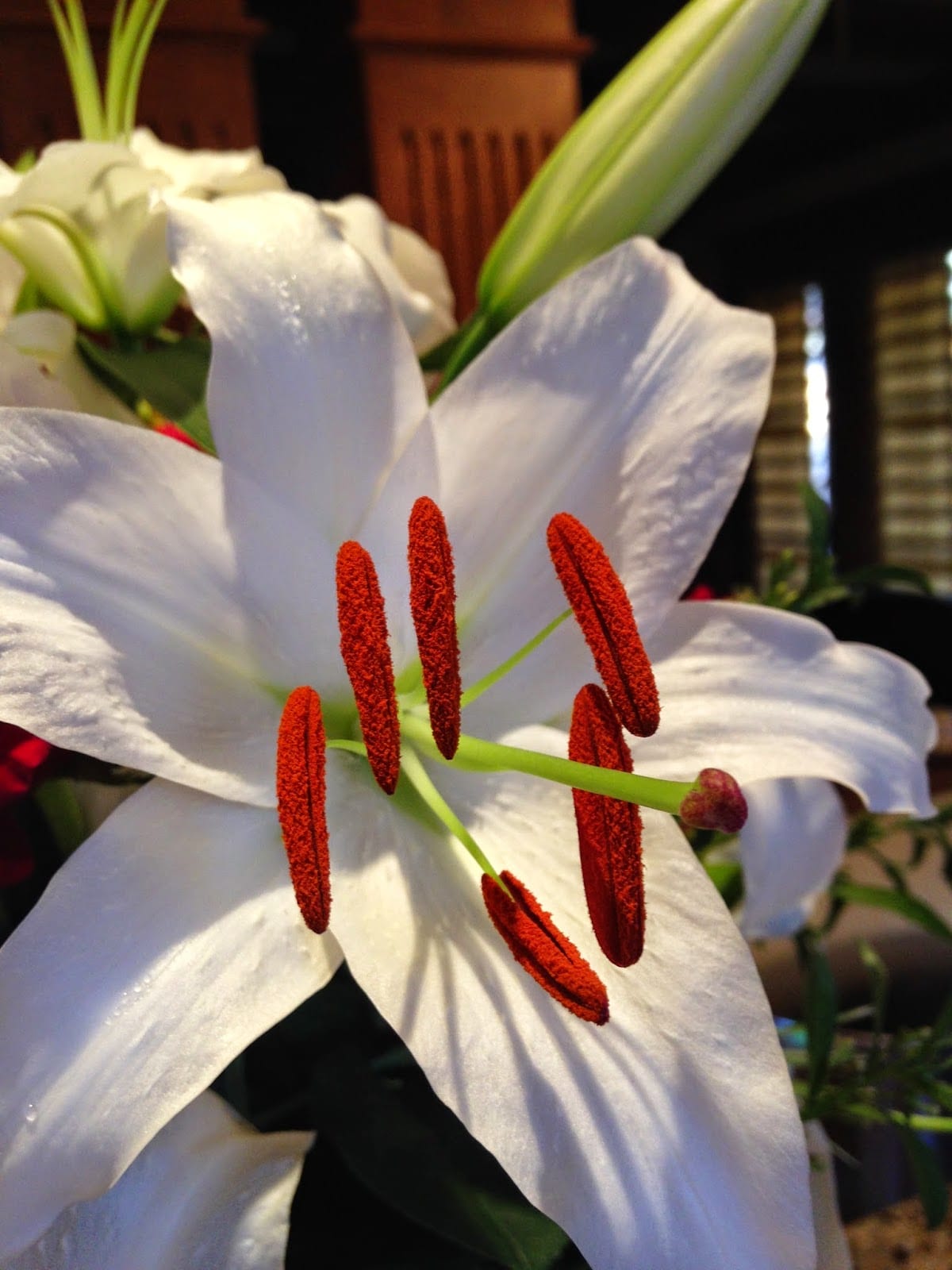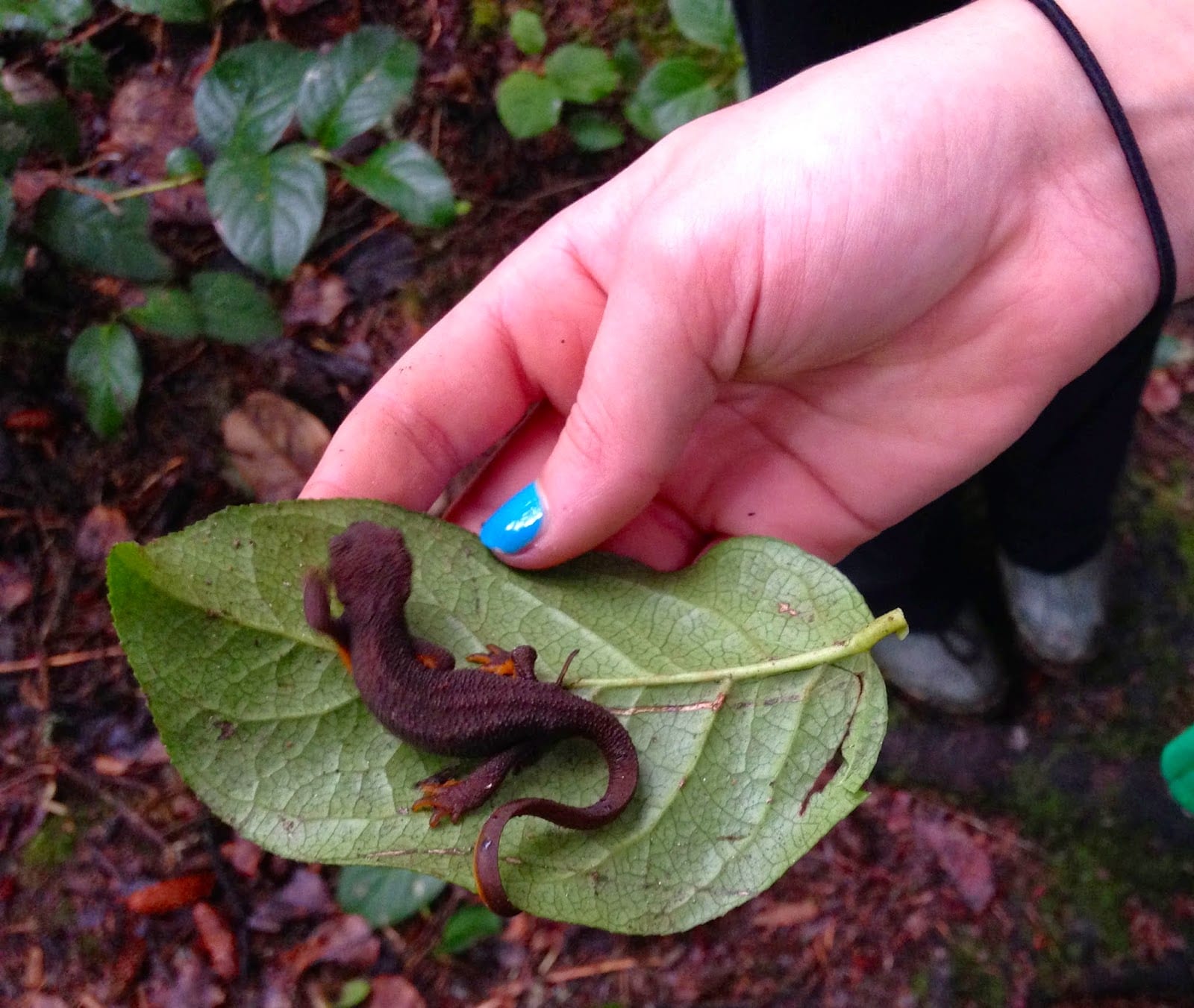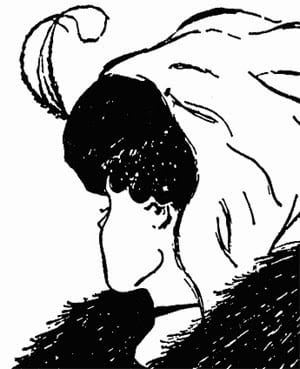I used to have this fantasy about vacations – that you could go away and leave everything behind, and I think when I was a kid, that was true. Growing up in the 1970s, I didn’t have access to the news unless my parents turned on the TV at night when we got home from whatever adventures we had embarked on during the day. I certainly wasn’t going to pick up a newspaper to learn about what else was going on in the world. I didn’t have to spoon out the smelly canned dog food on vacation, and I didn’t have to make my bed (unless we were camping in the pop-up trailer, in which case I had to completely dismantle it every morning). I didn’t have to take my turn doing dishes except over a campfire-warmed pot of water which was an adventure in itself, and I didn’t have to do homework.
As an adult, my first realization that vacations were different came when Bubba and I started traveling with the girls. As my brilliant friend, Sarah, put it, for a mom, a vacation was simply “parenting in a different place.” And it was often more challenging when you didn’t have all of the things you needed at hand, plus there were often strangers looking at you and judging your mothering decisions when the kids cried or acted bratty.
Even though the girls are now both teenagers and fairly self-sufficient, I have been reminded on our most recent trip that life is life no matter where you go. Lola started complaining of a toothache the night before we left but I didn’t do much beyond imploring her to floss really good and swish with salt water. By the time we landed in Honolulu, she was inconsolable and I knew something was really wrong. After one altogether sleepless night and several doses of ibuprofen, we found ourselves at a local dentist on Saturday morning. And there we stayed for the next two and a half hours, getting her an emergency (half) root canal. It’s a long story, but they were only able to do start the procedure and put her on antibiotics, and we were told to wait until we get home to have it finished. She was amazingly resilient and bounced back to engage in all sorts of fun activities within hours – paddle boarding and shadowing a dolphin trainer for five and a half hours. We have had a few rough moments of pain, but other than hoping the tooth holds on until we get home a week from now, it seems to be okay.
And then there is the news. From the strange (reports of a naked, drunk woman in our area driving her car into a power pole and knocking out electricity to 4000 customers) to the horrifying (the shooting in Charleston), we have access to it all via Facebook and smartphones. And as I sit on the lanai looking out at the waves crashing on the reef and the families playing on the beach, I am reminded that life is life. That no matter where we go, we are still called upon to be our best selves, that there is no vacation from being human. We may choose to disengage from news reports or work emails for a week or two, but it is the interactions that we have with all of the people around us that make up the entirety of our lives. I could no more ignore the incredible sadness I feel inside as I think of the people who lost their lives inside that church in South Carolina than I could stop breathing.
The dentist who cared for Lola was a lovely, smart, funny woman. Despite her packed schedule and the fact that she was the only dentist in the office that day, she took care with Lola’s tooth, encouraging her, and patiently taking the time to ensure that she did as much as she could do that day. I know that her other patients were forced to wait, but despite the dental assistants who periodically came to remind her that there was someone else waiting for an exam in the other room, she never got angry or frustrated. She kindly acknowledged that she was needed elsewhere, and continued doing what she was doing with Lola meticulously until it was done. She explained everything clearly and that evening, as we lounged near the pool with ice water, my cell phone rang. It was her, calling to check on Lola, to make sure she was feeling okay and to see if we had any questions. She has checked on her twice since then, each time making sure to tell us to enjoy the sunshine while we are here.
Even though we are on vacation from our home, from our normal routine, we are not on vacation from who we are. The kindness of the dentist and the tragedy of Charleston are a stark reminder to me that each and every interaction I have is important. Several journalists have pointed out the pervasive attitudes of racism and hatred that exist in the face of people in South Carolina – from the streets named after Confederate Generals to the flagpole outside the capitol that proudly displays the Confederate flag, not to mention the racist slurs and comments many people hear every day in that part of the country. There are more subtle, but no less harmful, examples in my part of the country, and it is up to us to challenge them, to find ways to be better to each other in small ways every day. Like building blocks, these kindnesses all stack up to create something we can be proud of, instead of tearing down our communities.
We are off to another island for one more week of bliss and beauty and, while I am hoping that we have no more surprises – dental or otherwise – I will do my best to live by the values I have at home; kindness, compassion, love for others, and be grateful for a vacation from the dishes in the kitchen sink.


